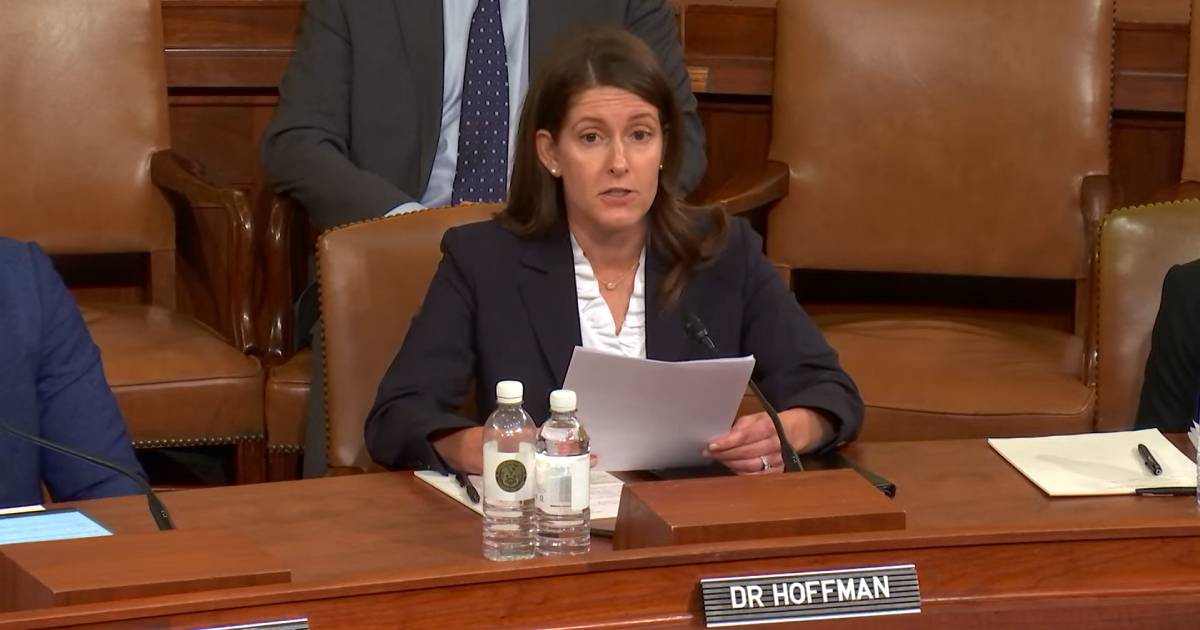Improving Transition Outcomes for Youth SSI Recipients: Early Findings from the PROMISE Evaluation
In selected states, youth ages 14 to 16 who receive Supplemental Security Income (SSI) and their families could take advantage of innovative services and improved service coordination through the Promoting the Readiness of Minors in Supplemental Security Income (PROMISE) demonstration. Early findings on the implementation of PROMISE and its impacts on youth and families during the first 18 months after enrollment provide interesting insights for federal and state partners seeking to help youth with disabilities transition successfully to adulthood.
PROMISE is a cross-agency effort led by the U.S. Department of Education that includes the Social Security Administration and the U.S. Departments of Health and Human Services and Labor. Six PROMISE programs operating in 11 states implemented unique models that included agency-level partnerships, case management, benefits counseling, financial literacy training, career- and work-based learning experiences, and parent training and information. Learn more about the evaluation of PROMISE by visiting the project webpage.
Mathematica’s Center for Studying Disability Policy hosted a webinar on Thursday, April 11, 2019, from noon to 1:30 p.m., to discuss insights from the PROMISE evaluation. Topics included the following:
- The landscape of transition services for youth with disabilities and the challenges that youth and families face in accessing those services
- Different approaches used by the PROMISE programs to address service-system challenges and improve transition outcomes
- Findings from the 18-month PROMISE impact evaluation
- Perspectives on evaluation findings from the U.S. Department of Education and the Social Security Administration
Speakers included the following:
- Gina Livermore, Mathematica (moderator)
- Todd Honeycutt, Mathematica
- Jackie Kauff, Mathematica
- Arif Mamun, Mathematica
- David Emenheiser, U.S. Department of Education (discussant)
- Joyanne Cobb, Social Security Administration (discussant)

